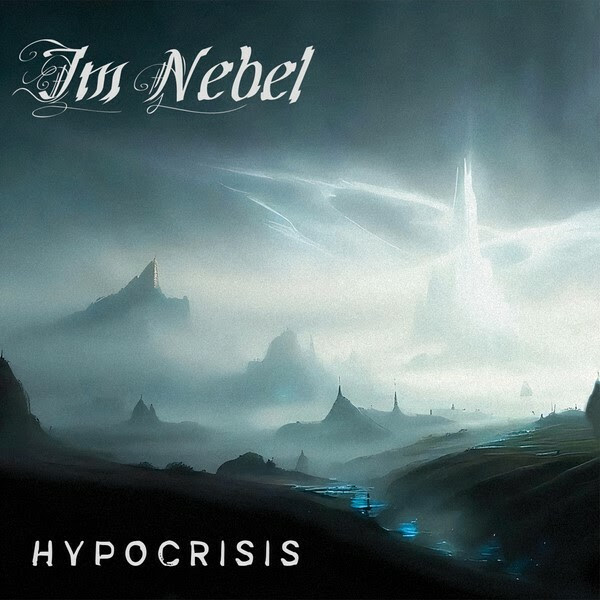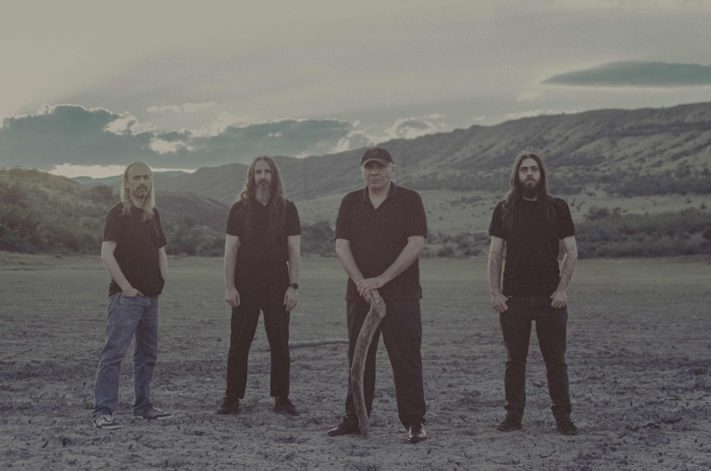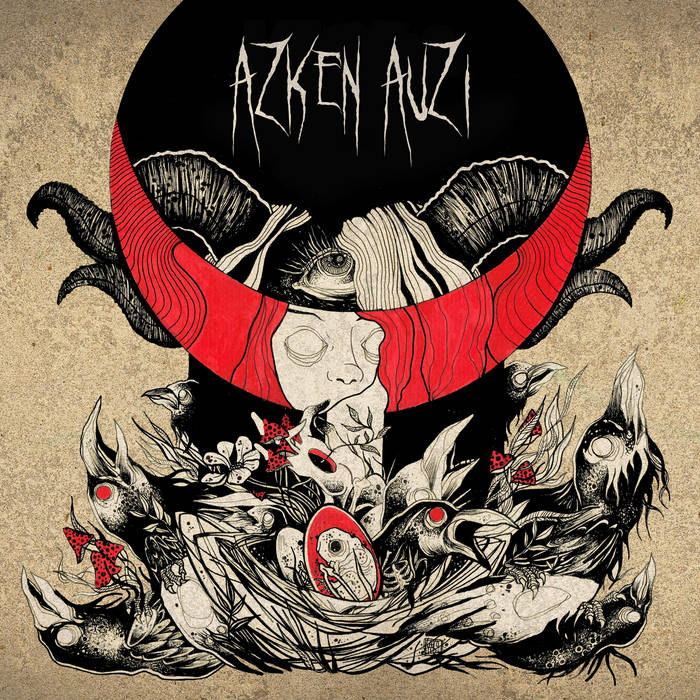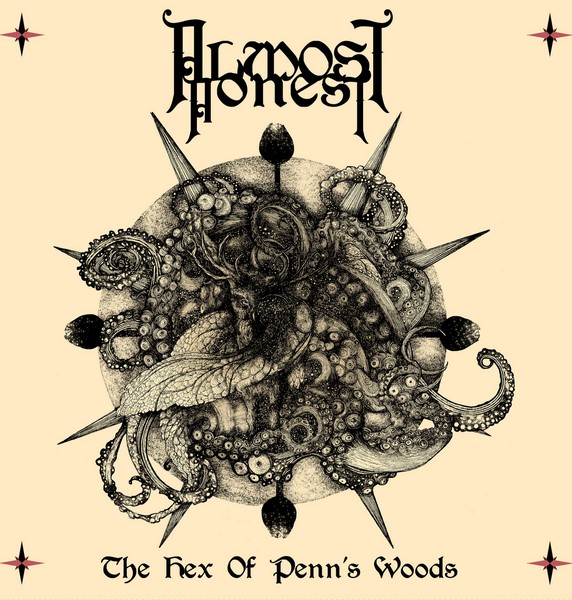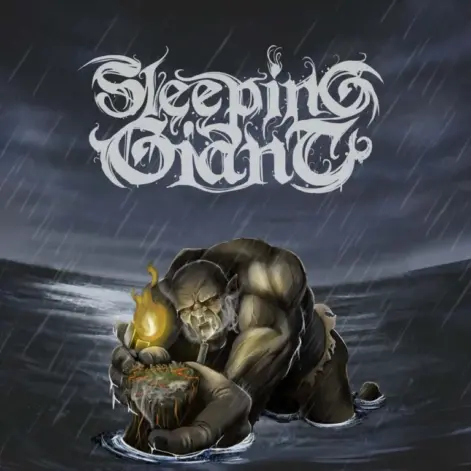Formed in 2004 by Michael Lenz and Sergiy Ermolaev, and later joined by key members including drummer Nikoloz Rukhadze and vocalist/bassist Alexandre Gurchumelia, Im Nebel evolved through numerous line-up changes while refining their atmospheric sound inspired by Herman Hesse’s “Im Nebel.” After early live success and their debut album, the band faced setbacks with their second record but regained momentum with the 2016 single “Undestroyed.” By 2018, they entered the studio with renewed energy, blending symphonic and synth arrangements with meticulous production to realize their long-awaited vision.
The Origin & Identity:
How did you all come together as a band, and when did it feel real?
– Michael: It was between 2005 and 2006. It was hard to find musicians who wanted to play that kind of music. The first rehearsals were chaotic, but once we decided on a direction, we started working quickly.
– Alexandre: First, I joined as a vocalist in 2016, and just after a few rehearsals I already felt that I’m fitting in with the vibe of the band. Later, when the role of the bass player became vacant, I suggested that I could take the role since I’ve been playing various instruments for years and also I’ve happened to own a black 5-string Schecter bass. It was funny that everyone was surprised for some reason. Even though we’ve been rehearsing for months already at that point, I’ve probably never indicated that I can also play.
Where did your band name come from, and why does it feel like you?
– Michael: It comes from a poem by Hermann Hesse with the same name. While the poem is more melancholic, I was inspired by the misty atmosphere rather than by its exact meaning. I think this name better represents our music. I could have named it in English, but there was already another band with the same name.
Did you have a clear vision for your sound from the start, or did it develop naturally?
– Michael: I think it’s more likely that the first songs shaped it. Although there isn’t always a clear vision, our abilities and limitations mostly define the sound.
What should listeners know about your newest album?
– Michael: The album was the most difficult project I have ever undertaken, but it provided valuable experience and taught me not to repeat the same mistakes. All of the tracks on the album were played naturally and have minimal edits. Although modern tools allow you to fix imperfections, we decided to keep the recordings as natural as possible.
Influences & Creative Process:
Who or what has shaped your sound in ways people might not expect?
– Michael: I think the sound we have, is a combination of what we like in music. Nothing special, really.
When creating a song, do you follow a routine or mix it up each time?
– Michael: We are preparing a demo with a rough mix to see if the arrangement sounds right. If not, we try other ideas. Then, we re-record the entire song in a studio or at home, depending on the instrument.
Are there moods, riffs, or ideas you find yourself returning to?
– Michael: If this happens, it’s definitely not intentional. I personally don’t like it when it occurs.
How do you make writing decisions — together or does someone usually lead?
– Michael: I have orthodox views on the subject. Every song has an author, composer, and arranger. Most problems in a band stem from this, and I’ve seen someone add three notes and claim authorship. Making a song “together” doesn’t work, and I don’t believe it’s possible at all.
There is always an author, and when I add something to a composed song, I always ask whether it fits the original idea of the author. The most important aspect is the idea behind the composition and the author’s concept. All else is irrelevant and can lead to endless discussions about nothing. As a band, we all understand this, and by working this way, we’re able to create relatively complex and coherent works.
Musical Technique / Composition:
When layering sounds, do you focus more on tone or on mood?
– Michael: I would say that we try to follow polyphonic rules in order to achieve the desired mood. It’s not always easy, especially with symphonic parts where ten or more instruments play together. But that’s how arrangements are created.
Do you use alternate tunings, odd meters, or unusual chords to shape your sound?
– Michael: Sure, there are no limitations. Except for tuning my guitar. I only feel comfortable with the standard tuning. If it makes the idea sound richer and more developed, then why not? We’ve combined different music styles into one song, using rhythmic patterns that aren’t very common. This comes naturally to us because our vision is more abstract than calculated to achieve a specific effect.
How much of your arrangements come from improvisation versus planning?
– Michael: It’s all based on the initial idea of the song. During the intermediate steps, when the arrangement is incomplete, the song may sound strange to us, indicating that it is unfinished. After final revisions, we decide which variant to choose.
Stories & Experiences:
What’s one moment that truly captures what this band is about?
– Michael: It’s a difficult question. The band has been a part of our lives for over a decade. We’ve shared many great moments that will stay with us forever. The fact that we’re still creating together is probably the best part.
Does playing live bring out a different side of your music?
– Michael: Making recordings is absolutely fun. However, playing live is a completely different experience. Every gig is unique and memorable, especially with proper sound on stage.
What’s the quirkiest experiment you’ve done in the studio?
– Michael: The guitar was recorded by placing a speaker in front of the guitar cabinet and using it as a microphone.
Has a fan ever done or said something that made you see your music differently?
– Michael: Unfortunately no.
Current Inspirations & Recommendations:
Any up-and-coming musicians you think deserve more attention?
– Michael: I rarely have the opportunity to listen to new music, so it’s difficult for me to choose anyone. I spend all my free time working on our songs. However, I’m certain that, despite the oversaturation of the music industry, there are many great bands.
Vision & Reflection:
Where do you see your sound heading next? Any experiments you’re itching to try?
– Michael: Currently, I’m studying sound synthesis to set up my own synth pads, which is something I’ve never done before. The sound will be fuller, warmer, and feature extensive reverbs.
Which track do you feel captures your band best, and what’s the story behind it?
– Michael: I will choose the song “Where the Horizon Starts.” The song is about an imaginary place where beginnings are born and will reappear someday.
What do you hope people feel when they sink into your music?
– Michael: I hope it resonates with them. Our music is quite abstract.
Turbo Regime:
Fuzz or distortion?
– Michael: Tube distortion
Analog or digital effects?
– Michael: Analog when possible.
Sabbath or Zeppelin?
– Michael: Both.
Heavy riff or mind-bending solo?
– Michael: Both.
Vintage gear or modern kit?
– Michael: Whatever creates proper sound.
http://www.imnebel.com
https://www.facebook.com/imnebel
https://www.youtube.com/user/imnebelband
https://open.spotify.com/artist/2YJFFZJNeFEQZrkV6Zxhwq
https://www.argonautarecords.com/shop/cd/800-im-nebel-hypocrisis-cd.html
https://www.argonautarecords.com
